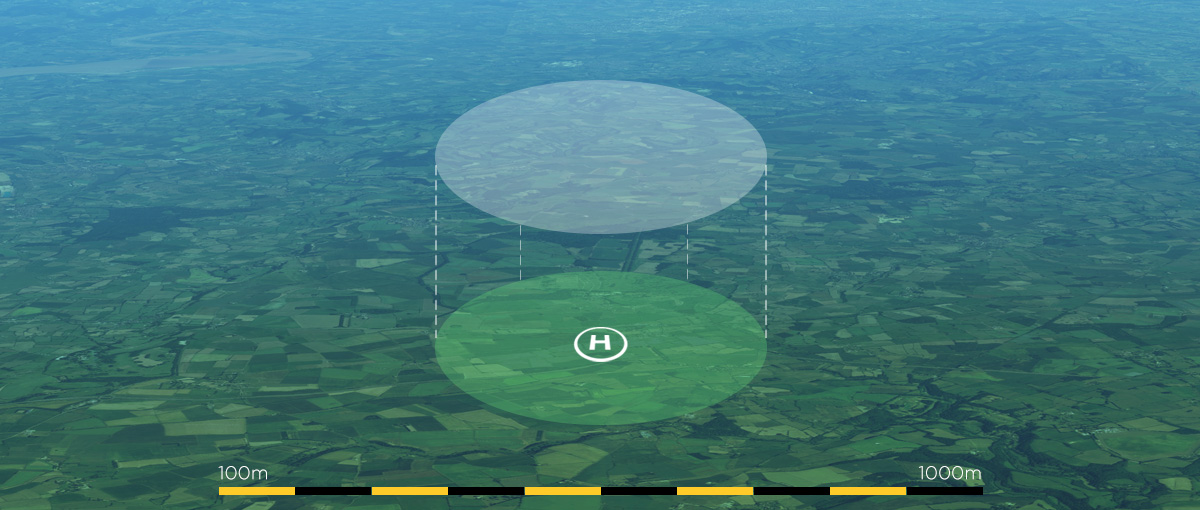As a registered RPAS pilot, it is your responsibility to carry out proper planning for a commercial aerial videography shoot and is a critical part of the overall aerial production process. Here’s a brief rundown of how I work when planning a job for a commercial operation.
Initial Briefing
For the first step, I will request a formal brief. If there is no brief, I will carry out a short survey to collect some details from the client in order to crystallise their requirements. Knowing exactly what the client is looking for is important from the outset and will save complications with the pre-deployment stage.
Feasibility Study
It’s all very well knowing what a client desires, but if the requirements are simply not feasible, the process must pause here. Some examples;
“We would like some shots over the Houses of Parliament”, “We want to track a plane taking-off at London Heathrow.”, “We need to get some birds-eye footage of shoppers in Oxford Street on Saturday afternoon”.
Okay, these are extreme examples but you get the point!
Pre-deployment Survey
Once I am satisfied the client’s requests are potentially achievable, the next step is to carry out a Pre-deployment Survey.
During this stage I will uncover all the considerations for the operation, also allowing me to carry out a Pre-deployment Risk Assessment. This is often a pre-requisite from a land owner, especially in places with higher risk factors.
The critical priorities which should be identified immediately are; airspace factors, risk.
Airspace Factors
If the flight area falls within certain zones more detailed analysis is carried out. I recently had to undertake authorisation for an operation in a MATZ (Military Aerodrome Traffic Zone). Communication prior to finalising any operation is critical in this type of situation.
Any NOTAM’s (Notice to Airman) pertinent to the operation must be reviewed and risks identified. I always log these in my pre-deployment survey for localised ATZ’s near to my planned operation, even if they are distant to the operation area.
Risk
There will always be risk when dealing with multirotor technology, the key to safely managing risk is awareness and mitigation. Knowledge gained during an RPAS course by a NQE (National Qualified Entity) is paramount to getting this right. I regularly review my course notes to ensure I am not forgetting anything.
Conclusion
Commercial experience helps to build confidence when undergoing pre-planning, but often project criteria varies form brief-to-brief, so staying sharp and not getting complacent is very important.
I hope the info I’ve documented helps when Planning for Commercial Aerial Videography Shoots. Please let me know if you have any questions.
SUBSCRIBE FOR FRESH CONTENT
Follow me on social media for updates.
